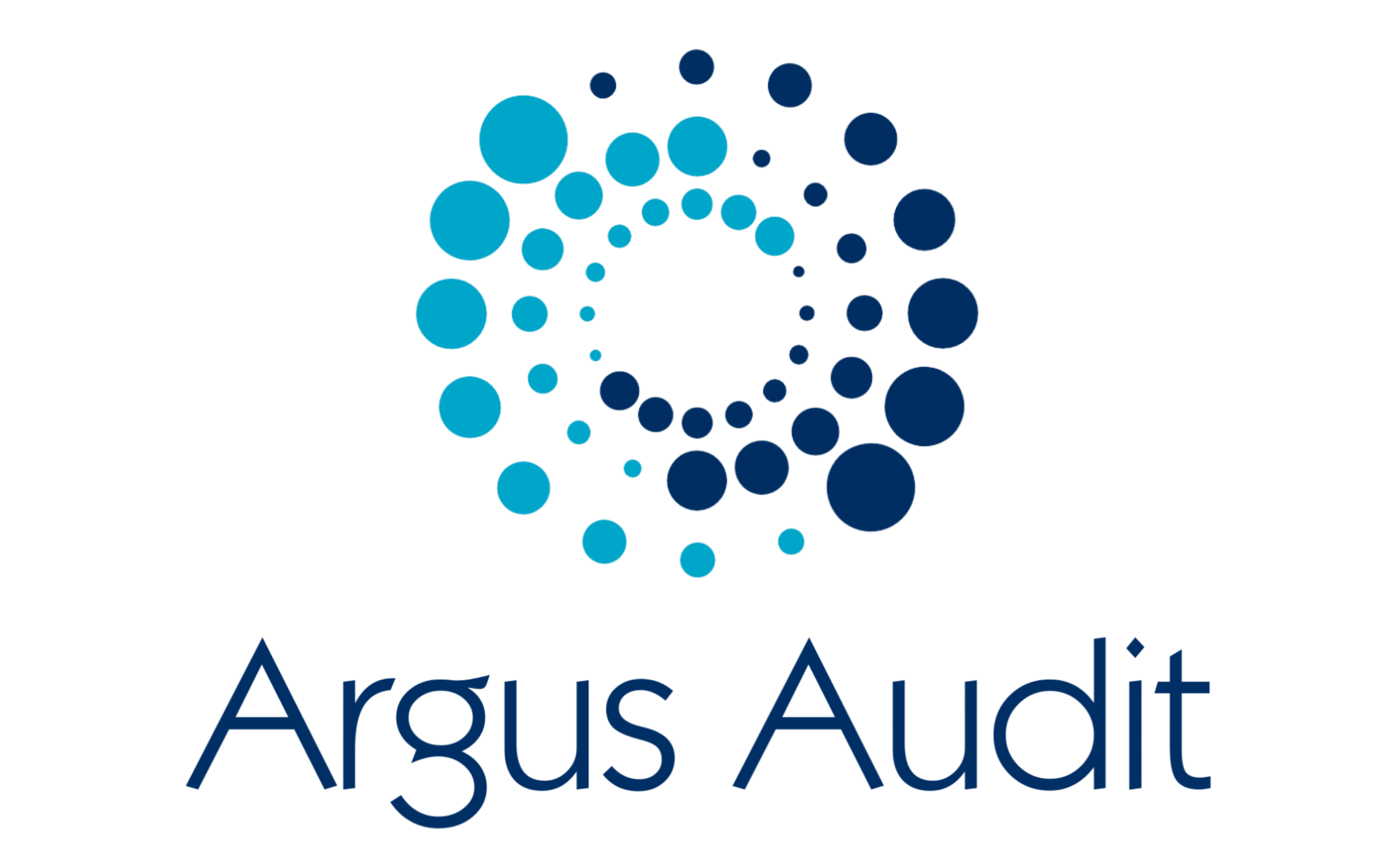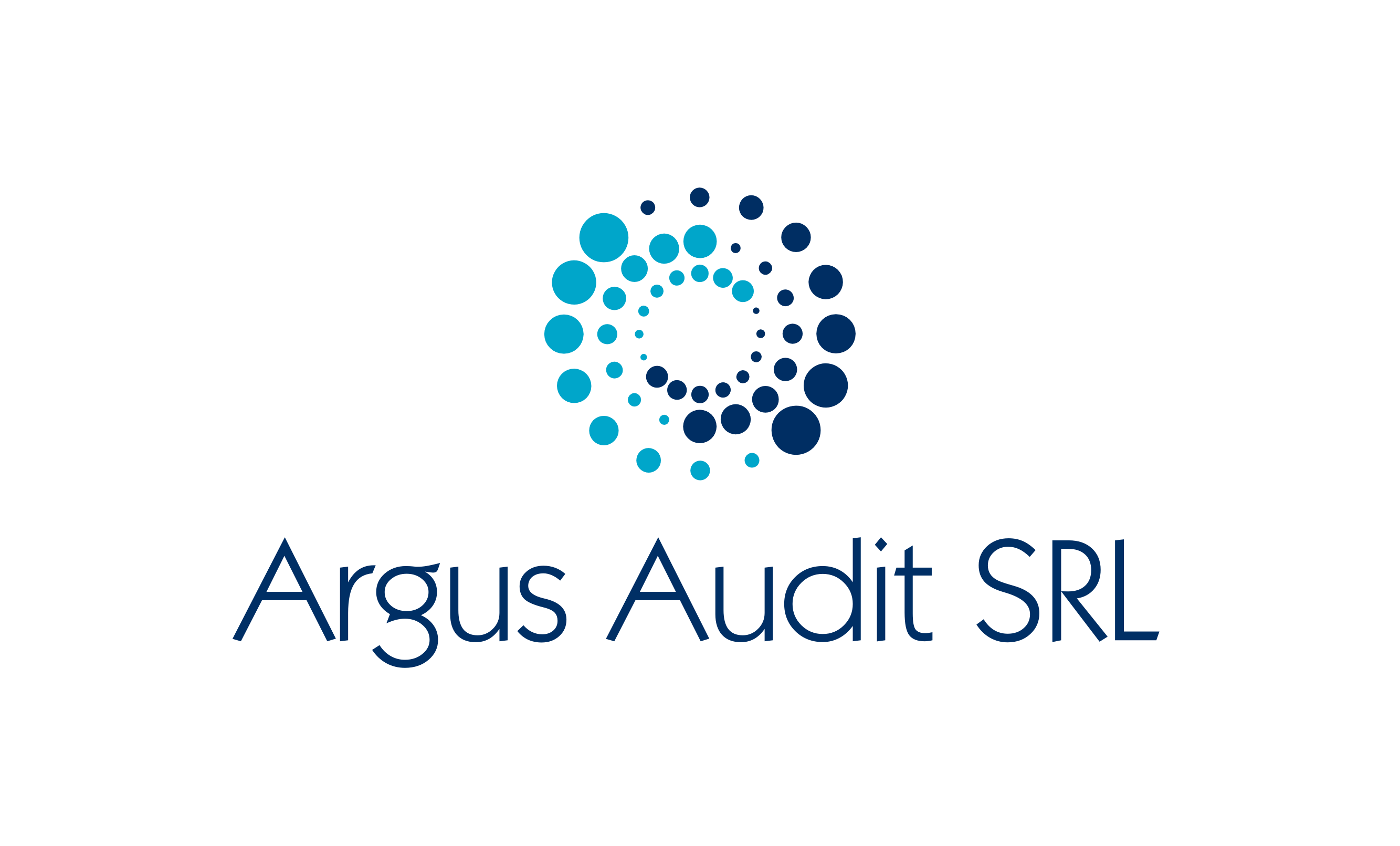As there are more and more conferences and discussions about sustainability these days, we consider it useful to bring to the attention of our clients some relevant information.
CSRD in Romania
In Romania, CSRD is transposed into national legislation through Order no. 85 of January 12, 2024, which amends and supplements the existing accounting regulations. Romanian legislation is generally aligned with the European CSRD, with certain particularities of implementation at the national level.
What’s new in CSRD?
CSRD introduces a series of new requirements for companies, including:
· Double materiality: Companies must report both their impact on the environment and society, as well as the impact of sustainability factors on their financial performance.
· ESRS standards: Reporting must be based on the European Sustainability Reporting Standards (ESRS), a set of standards developed by EFRAG.
· Forward-looking approach: In addition to information about the past, reporting must also include a perspective on the future, in the short, medium and long term.
· Value chain information: Companies must provide information on the environmental and social impact of the entire production and distribution chain, not just their own operations.
· Single electronic reporting format: All companies will use the same electronic reporting format, which will facilitate access and analysis of information.
Sustainability reports will be audited, and new regulations are expected to be finalized from this perspective.
Targeted entities:
· Medium and large entity: Exceeds the limits of at least two of the following criteria, for two consecutive financial years:
o Total assets: 17,500,000 lei
o Net turnover: 35,000,000 lei
o Average number of employees: 50
· Large group: Exceeds the limits of at least two of the following criteria on the balance sheet date of the parent company, for two consecutive financial years:
o Total assets: 105,000,000 lei
o Net turnover: 210,000,000 lei
o Average number of employees: 250
Application schedule:
· January 1, 2025 (for the 2024 reporting year): Large public-interest entities exceeding 500 employees, including parent companies of a large group.
· January 1, 2026 (for the 2025 reporting year): Other large entities, which are not public-interest entities, and other parent companies of a large group.
· January 1, 2027 (for the 2026 reporting year): Entities listed on a regulated market, which do not exceed the size criteria applicable for sustainability reports for the years 2024 and 2025.
· January 1, 2029 (for the 2028 reporting year): Subsidiaries or branches with headquarters in Romania whose ultimate parent companies are governed by the law of a third country, subject to certain size criteria.
What are the benefits of CSRD?
· Increased transparency: Information about the impact on the environment and society will be clearer and easier to understand.
· Comparability: It will be easier to compare the sustainability performance of different companies.
· Trust: Verification of information by auditors will increase confidence in sustainability reporting.
Conclusions
CSRD represents an important step towards a more sustainable and transparent economy. By correctly implementing the directive, companies can demonstrate their commitment to sustainability and contribute to a better world.
Companies must be aware of, assess and ensure:
· the additional knowledge required by the teams to align with sustainability reporting,
· investments in specialized software to help monitor and evaluate specific sustainability parameters,
· collaboration with local or international companies that have experience in sustainability reporting,
· selection of appropriate auditors.
Our company, together with international associates and alongside the professionals from the Association of Sustainability Professionals, can bring added value to the necessary collaborations to respond to these challenges and be able to capitalize on strategic transformation opportunities.
Author : Alin Stan


